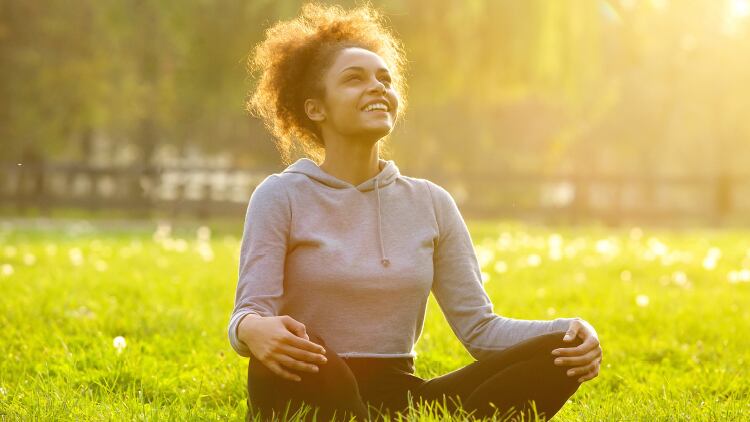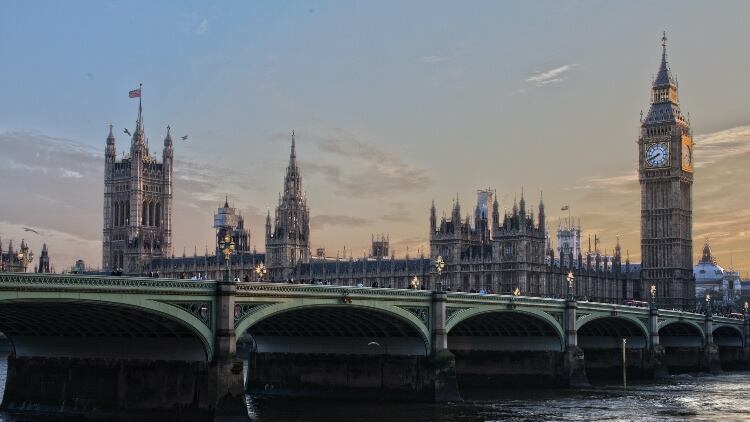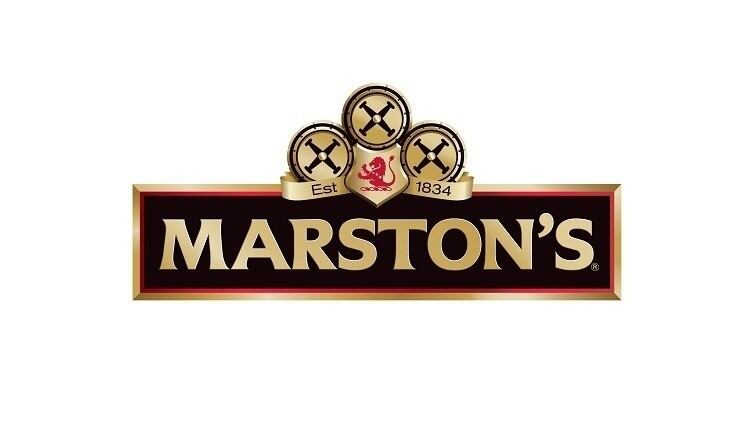New low/no-alcohol product launches
- East London Liquor Company has released four ready-to- drink, low alcohol cocktails. Grapefruit Gin & Tonic has a 0.5% ABV and is just 33 calories a can. This is also available with the spirits company’s London Dry Gin in a version with a 5% ABV. Rum & Ginger has a kick of red chill and a ginger burn with a 4.6% ABV. Vodka & Rhubarb pitches itself as a “kind of Collins in a can” and has a 4.6% ABV.
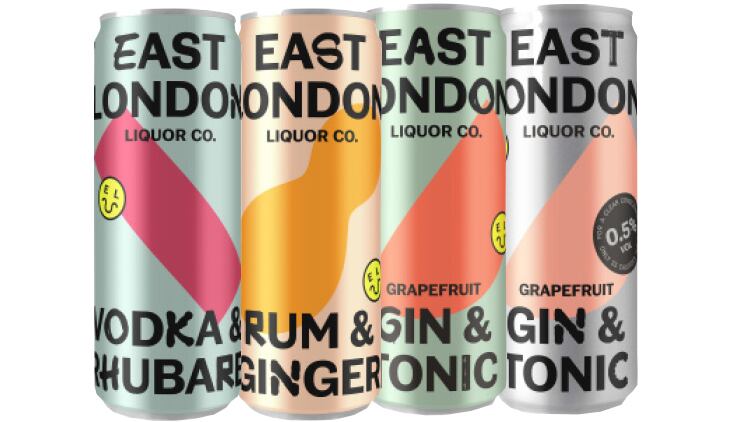
- Beavertown Brewery is launching the latest addition to its core range. Nanobot is a low-alcohol ‘super session’ IPA with a 2.8% ABV, 97 calories and 100% vegan, all in a 330ml can. Brewed with Sabro and Simcoe hops, giving it citrus and tropical top notes. Nanobot was created in a bid to give beer fans further choice when it comes to their drinking experience, without a compromise on flavour or quality.
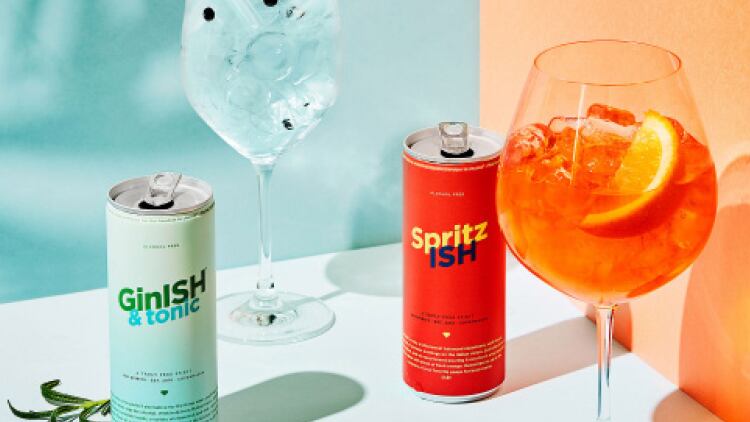
- Copenhagen-based ISH Spirits has just launched its ready-to-drink range – 250ml cans including an aromatic GinISH & Tonic alongside a SpitzISH – a bitter-sweet yet balanced take on an Aperol Spritz. Both are under 75 calories per serve and only use natural flavourings and botanical extracts.
YouGov data finds three quarters (75%) of British drinkers are consuming the same or more since lockdown. However, with Brits getting out and about to do their daily exercise and taking part in online workouts, could this trigger a reduction in drinking alcohol once restrictions are lifted?
Nielsen data finds the public stocked up on low and no-alcohol drinks from the off-trade prior to lockdown restrictions being announced.
Beer sees the biggest increase with sales up by 31% year on year, followed by low and no- alcohol spirits up 16%, cider up 15%, ready-to-drinks rose by 11% and wines 1%.
The British Beer & Pub Association (BBPA) reports sales of low and no-alcohol beer appear to be rising, following research revealed by YouGov that 16% of Brits are drinking less or not at all during the coronavirus lockdown.
Demand for healthy options
Nielsen Scantrack data to 21 March 2020 reveals low and no-alcohol beer sales surged by 33% year on year for the previous four weeks. Additionally, for the month leading to 11 April, the category continued to grow by 14.8%.
Nielsen data also reveals, amid the coronavirus lockdown, two fifths (39%) of UK shoppers aim to prepare healthy and well-balanced meals with a quarter (26%) trying to prepare light or low-calorie meals too.
The BBPA states the trend of shoppers becoming more health-conscious correlates to the growing low and no-alcohol beer sales.
However, the trade body adds that this growth and an increase in retail sales of the overall alcohol category are not enough to offset the lockdown of pubs and fall of beer sales from it, especially as seven in 10 alcoholic drinks sold in pubs are beer.
BBPA chief executive Emma McClarkin says: “The boom in the popularity of low-and-no beer is very encouraging and clearly providing people with a good alternative to an alcoholic pint in the pub during this period of lockdown.
“A lot of innovation has gone into making great tasting low and no-alcohol beer so with a bigger range of low and no-alcohol beers than ever before, I encourage beer drinkers to give them a go.”
Stressful time
Similarly, charity Alcohol Change UK reveals 35% of adults who drink alcohol have either reduced how often they drink or stopped drinking altogether.
The survey of 2,010 UK adults suggests lockdown is changing the way people drink with 6% of respondents saying they were abstaining from alcohol altogether during lockdown.
However, with common links between alcohol and mental health from the mainstream media, pub operators should look to bear this in mind when planning to reopen.
Drinkaware says the coronavirus crisis will be a very stressful and uncertain time for many and will see alcohol as the solution to feelings of anxiety.
World Health Organisation (WHO) Europe mental health and substance abuse technical officer Aiysha Malik says: “High stress can be a contributing factor to using substances as a means of coping with difficult emotions and, during isolation, we are seeing that across soci- eties, it’s particularly concerning.”
Made In Chelsea TV personality Spencer Matthews has launched low-alcohol brand The Clean Liquor Company.
He says: “Sobriety is a lifestyle choice I made a few months before becoming a dad. In the back of my mind for many years, I’d always felt that my relationship with alcohol, although seemingly harmless, was unhealthy and some- what destructive. I had to change my relationship with alcohol in order to become the man I knew I could be.
“Sobriety has opened my mind and unlocked parts of me I didn’t even realise existed. I am more ambitious and hard-working than I have ever been and there’s been a serious shift in my priorities.”
Look to capitalise
Cider producer Kopparberg is looking ahead to see how operators can capitalise on drinkers consuming low-and-no products.
Brand manager Rosie Fryer says: “As we look forward to the time where our on-trade can start to reopen its doors, importantly, operators should ensure they are taking steps to support the ever-growing wellness agenda, by stocking low-and-no options.
“Prior to the Covid-19 pandemic, 67% of GB consumers stated they were proactively trying to lead healthier lifestyles and considering recent circumstances, we expect that figure to have increased.
“In support of this statement, we’ve seen a 37% year-on-year growth in low-and-no sales through the off-trade in the past four weeks, suggesting consumers are increasingly seeking low-and-no options to support their wellness goals during this period.
“When the opportunity arises, the on-trade should look to capitalise on the growth of this category, by stocking the proven winners that dominate the low-and-no market.
“Having an alcohol-free version of our best-performing variants was a natural progression for the brand as the trend, for a large portion of the population, moves towards moderating intake of alcohol as a result or health, wellness or responsibility reasons.
“And we feel operators should look to support this trend by diversifying their ranges and ensuring they have an adequate low and no-alcohol range."
Top tips from Mental Health Foundation
- The Mental Health Foundation reveals tips on how to looking after yourself and your mind amid the pandemic:
- Create a new daily routine that prioritises looking after yourself such as reading more or watching more television, have an exercise plan, try relaxation techniques or finding new knowledge on the internet
- Try to avoid speculation and read reputable sources on the outbreak to help feel more in control
- Stay connected with friends and family by phone, email, video calls or social media. If these aren’t options for you, contact helplines for emotional support
- Anticipating distress, acknowledge feelings of vulnerability or being overwhelmed and reassure people who may be worried
- Try not to make assumptions about who is responsible for the spread of the disease
- Manage how you follow the outbreak in the media and if you find the news is causing you huge stress, find a balance. Don’t necessarily avoid all news but limit it if it is bothering you

